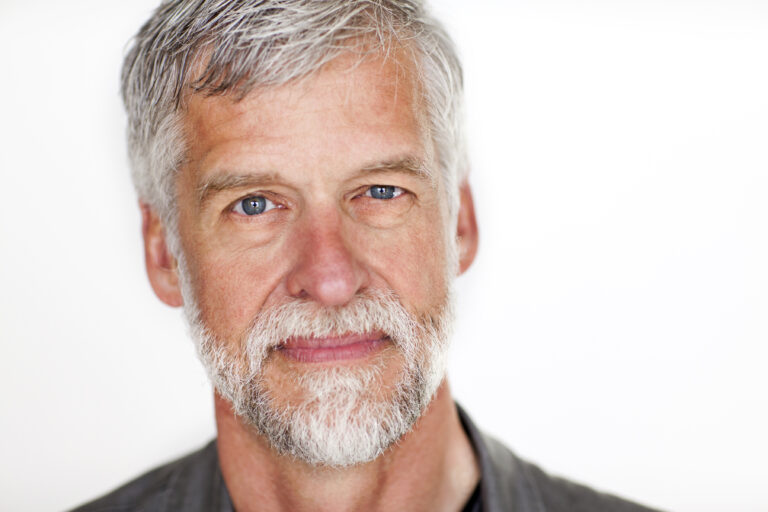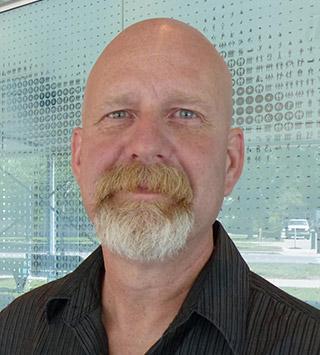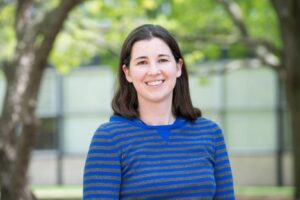
Honest, Open, Proud started as a chapter on disclosure in Corrigan and Lundin’s Don’t Call Me Nuts: Coping with the Stigma of Mental Illness (DCMN; published by Recovery Press, Tinley Park, IL, 2001). Corrigan and Lundin, a services researcher and a person with lived experience, respectively, were an energetic team that combined their wisdom into a practical text (DCMN) meant to address stigma change.
In 2011, they updated the chapter into a stand-alone program called Honest, Open, Proud (HOP) with two overarching goals: (1) help people deal with the unjust shame of mental illness (the self-stigma) through strategic disclosure governing and (2) tear down the prejudice and discrimination of mental illness (public stigma) when the general population interacts with people and their proud stories of recovery. HOP varies depending on the culture (China, Czech, Chile, France, Germany, Great Britain, Hungary, Italy, Spain, Swedish, Norwegian, United States), and population (people with mental illness, suicide attempt survivors, prison offenders, veterans, active-duty soldiers and police officers, college students, mental health professionals, and parents of children with mental illness), health conditions outside of mental illness (Alzheimer’s Disorder, Autism, Tourette’s syndrome, Urinary Incontinence)

Founder- Patrick Corrigan
Patrick Corrigan is Distinguished Professor of Psychology at the Illinois Institute of Technology. Corrigan is a licensed clinical psychologist setting up and providing services for people with serious mental illnesses and their families for more than 30 years. Corrigan is the Director of the Center for Health Equity, Education, and Research (CHEER), a research center supported by grants from the National Institute of Mental Health, the National Institute on Minority Health and Health Disparities, and the Patient Centered Outcomes Research Institute. Corrigan’s past work has focused on developing and evaluating interventions meant to challenge the stigma surrounding mental illness. With support from CASD, Corrigan and his team have developed a program meant to eliminate the self-stigma of mental illness, the Honest, Open, Proud Program. Corrigan is a prolific researcher having authored or edited twelve books and more than 300 papers.

Founding Master Trainer- Jon Larson
Jonathon E. Larson, Ed.D., L.C.P.C., C.R.C. is the first HOP master trainer and the chair of the psychology department at Illinois Institute of Technology in Chicago. He utilizes and shares his lived experiences with PTSD throughout facilitation of HOPp. He has 18 years of experience providing mental health services and teaching therapy skills to practitioners and students. He was awarded and currently directs research activities as Co-PI for a transformation grant on Trauma Informed Care for Veterans and Family Members funded by Substance Abuse and Mental Health Services Administration. He is a funded co-investigator within the Center on Adherence and Self-Determination funded by the National Institute of Mental Health. He also is funded by Patient Centered Outcomes Research as a co-investigator for a Peer Navigators for Latinos with Mental Illness research project. He is a PI for Testing Effectiveness of NeuroField: A Pulsed Electromagnetic Field (pEMF) System for Electroencephalogram (EEG) Regulation. This award from Neurofield, Inc supports EEG research testing the impact of pEMF on anxiety, sleep disorders, quality of life, and employment. Previously, he was a PI for Rehabilitation Long Term Training: Advanced Psychiatric Rehabilitation for Rehabilitation Counseling funded by Rehabilitation Services Administration, Department of Education. He was also a Co-PI for two Rehabilitation Long Term Training Grants funded by Rehabilitation Services Administration, Department of Education. He has 40 peer reviewed publications, 6 book chapters, and 15 published training chapters.
Master Trainer- Kristin Kosyluk
Kristin Kosyluk, Ph.D., is a HOP master trainer and associate professor in the Department of Mental Health Law & Policy, a faculty affiliate of the Louis de la Parte Mental Health Institute, and Director of the STigma Action Research (STAR) Lab. Dr. Kosyluk received her Ph.D. in Psychology from Illinois Institute of Technology’s Rehabilitation Counseling Education program in 2014. Dr. Kosyluk’s research agenda focuses on understanding and addressing stigma among various populations, including people living with mental illness and addiction, and people living with HIV, using community-based participatory research methods. She is currently the Principal Investigator of a grant from the National Institute on Disability, Independent Living, and Rehabilitation Research (NIDILRR), which is evaluating the feasibility, acceptability, and preliminary effectiveness of Up To Me, a disclosure deliberation intervention aimed at reducing internalized stigma among postsecondary students. In addition to this NIDILRR-funded work, Dr. Kosyluk is also leading a companion, internally funded study, to adapt the Up To Me intervention for delivery using chatbot technology.
HOP Program Adaptations Expert- Lindsay Sheehan
Lindsay Sheehan, Ph.D., is a lead HOP researcher involved in HOP program adaptations for other populations and conditions other than adults with severe mental illness through community-based participatory research implementation. Her research and partnership with people with lived experiences has resulted in HOP for suicide attempt survivors and urinary incontinence, and more. She is also Assistant Professor and Associate Director at the Center on Health Equity, Education, and Research (CHEER) at Illinois Institute of Technology. Dr. Sheehan has over 30 peer-reviewed publications and is principal investigator on multiple psychiatric disability-related research and training grants. She developed the Inspiring Change community-based participatory research (CBPR) curriculum and has extensive experience implementing CBPR programming. She is director of a state-funded program to train certified recovery support specialists/ certified peer recovery specialists (CRSS/CPRS). Her research has focused on the stigma of mental illness, suicide, health equity, and the evaluation of peer services for people with mental illness. Dr. Sheehan also has a decade of experience working in community mental health care, including provision of counseling, case management, residential support, and vocational training services.


